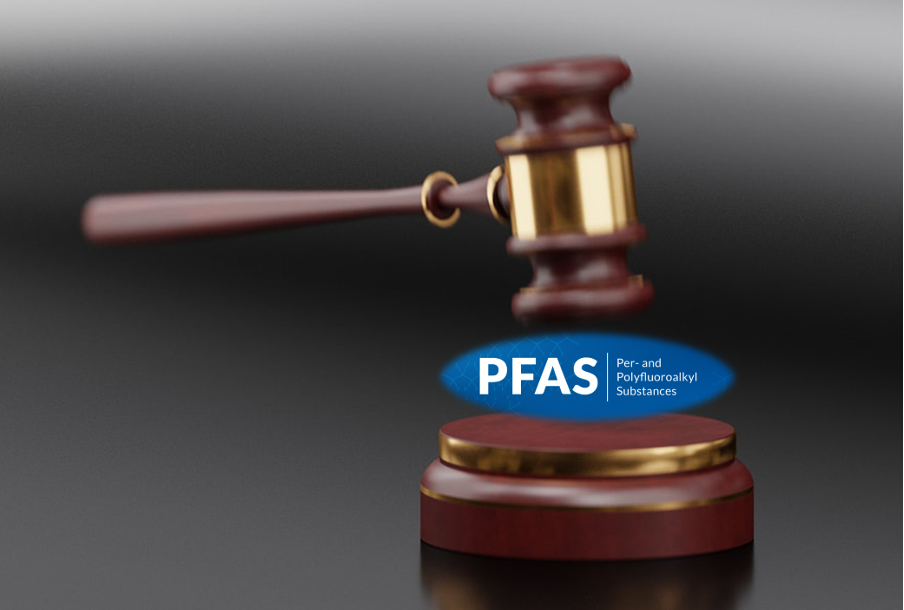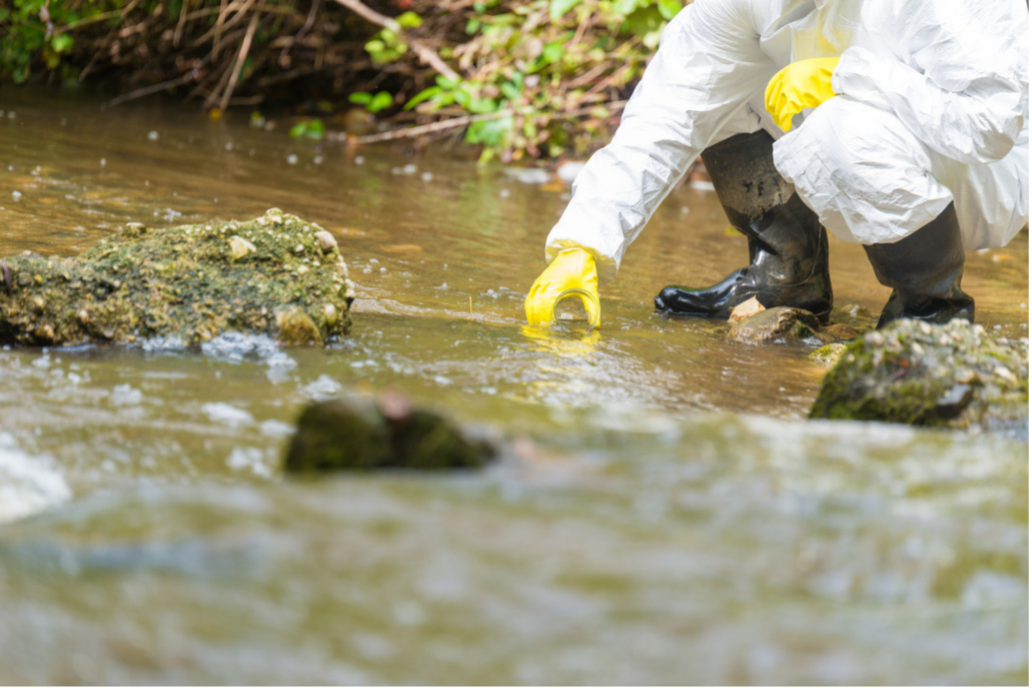
On the 5th of December, a federal appeals court of the United States released the verdict on the legal litigation between the American multinational chemical company DuPont and a cancer survivor.
The official verdict document is available here and the full article by Clark Mindock (Reuters) is available here.
Per- and polyfluoroalkyl substances (PFAS) are a group of manufactured chemicals used in various industrial and consumer products. They are also known as "forever chemicals" because they do not break down easily in the environment or the human body. Some PFAS chemicals, including perfluorooctanoic acid (PFOA) and perfluorooctanesulfonic acid (PFOS), have been linked to specific health effects, including cancer, immune system effects, and developmental effects in infants and children.
In this case, the plaintiff, Travis Abbott, claimed that prolonged exposure to PFOA in his drinking water caused him to develop testicular cancer twice. A jury awarded him $40 million in damages after finding that PFOA was likely the cause of his illness. DuPont, the chemical manufacturer, had argued that Abbott's level of exposure was unlikely to have caused his cancer and had challenged the verdict, claiming it had been unfairly kept from raising defences based on the specifics of Abbott's alleged exposure.
The 6th Circuit Court of Appeals has upheld the jury's verdict, stating that DuPont could not challenge the decision, which relied on a finding in related cases that PFOA was linked to the man's cancer. This case is one of the thousands consolidated in multidistrict litigation (MDL) in Ohio, which claims that DuPont poisoned drinking water by discharging PFOA into waterways from its plant in West Virginia.
By providing a solid evidentiary base, scientific research can help establish the link between environmental pollution and adverse health effects, which can be crucial in determining the responsibility of polluters and the appropriate remedies to be taken.



 RSS Feed
RSS Feed